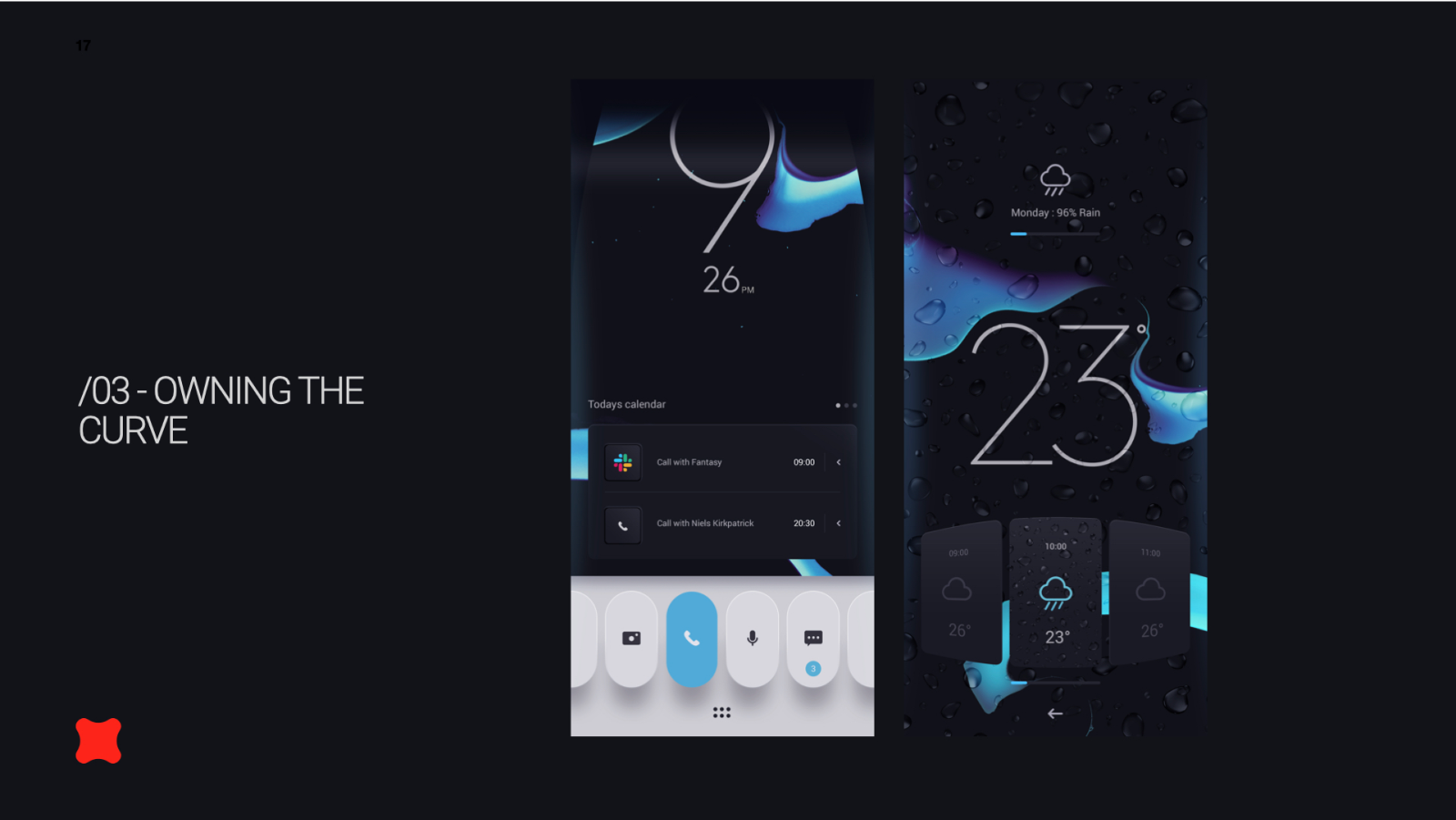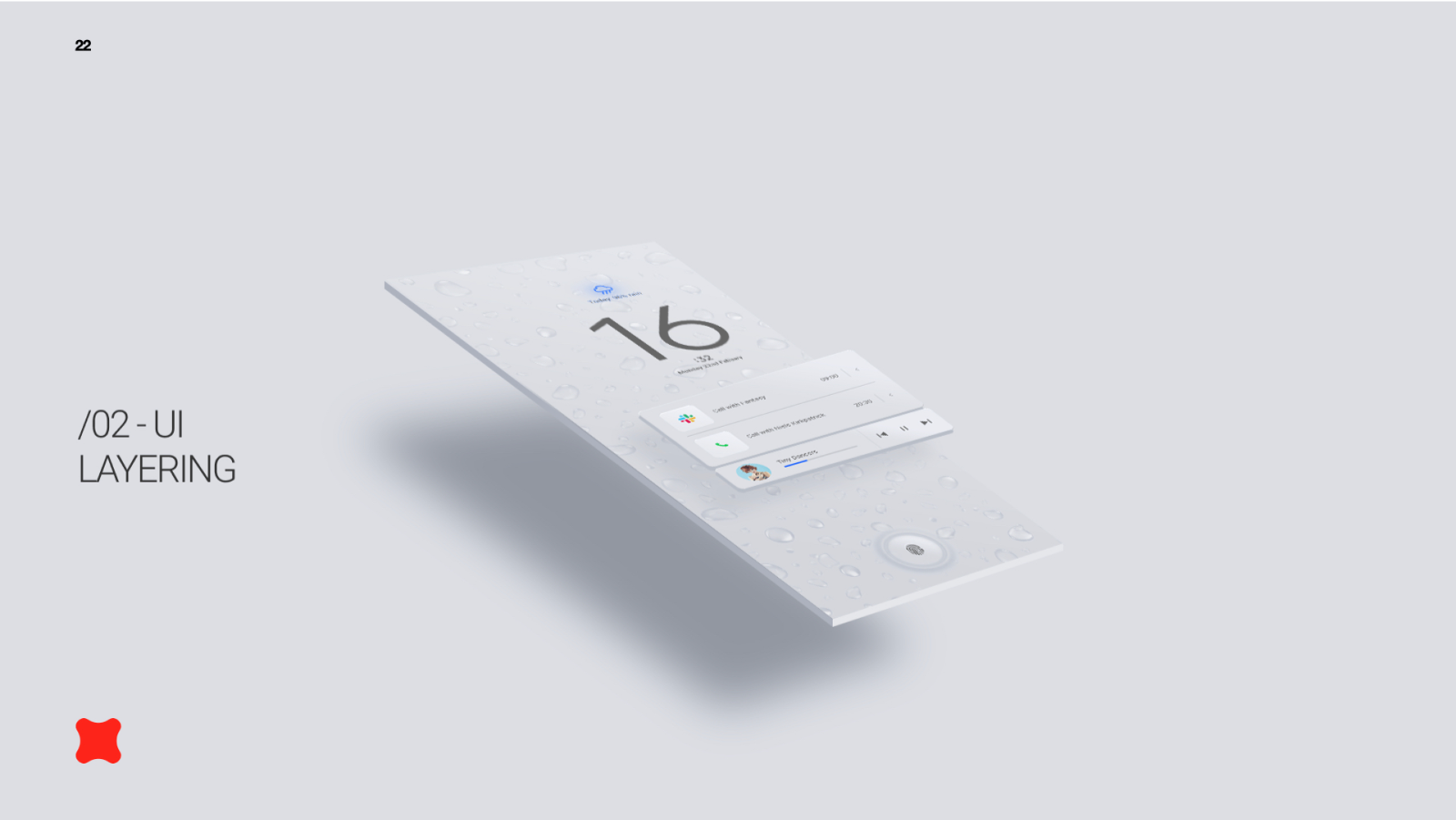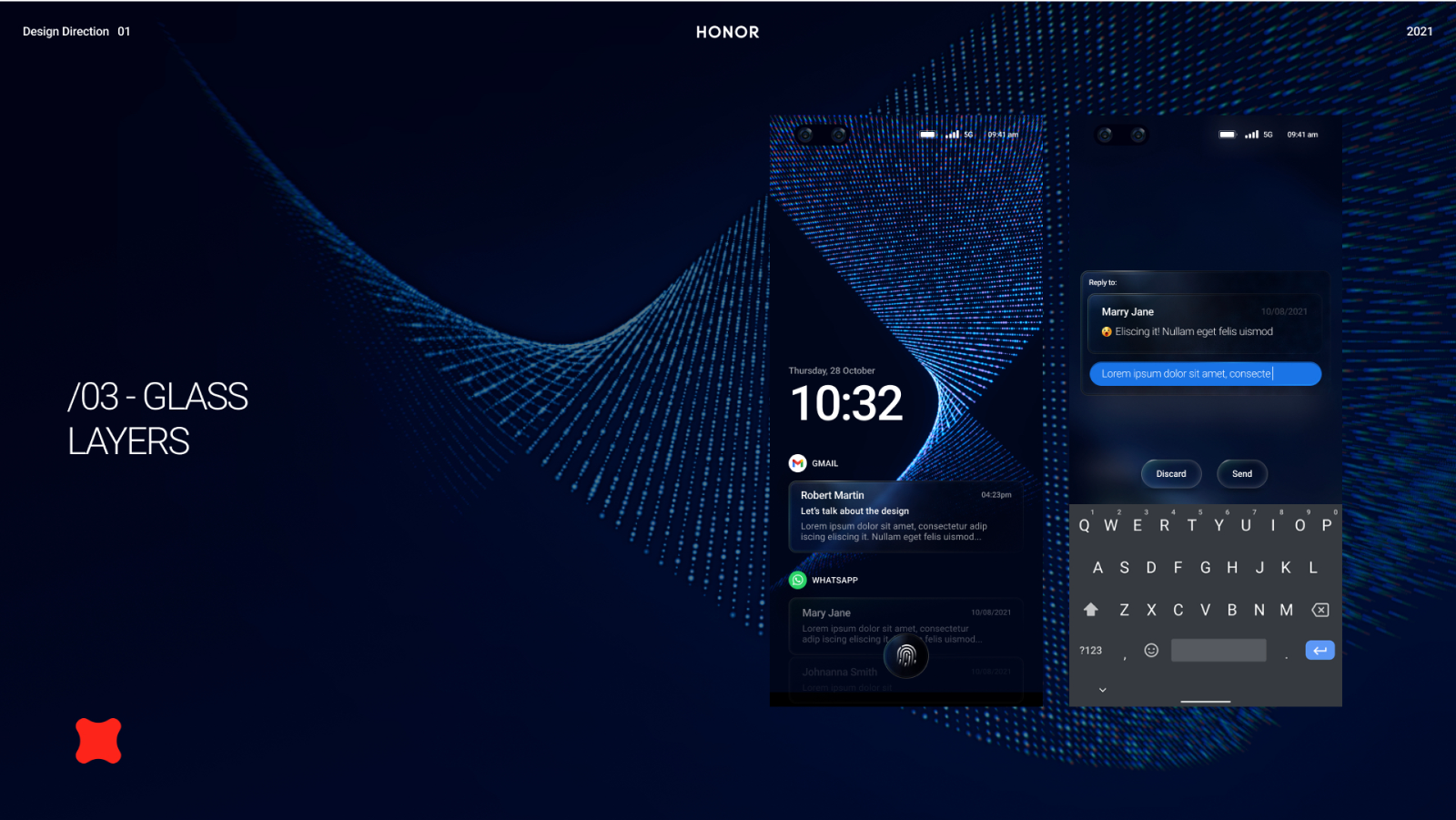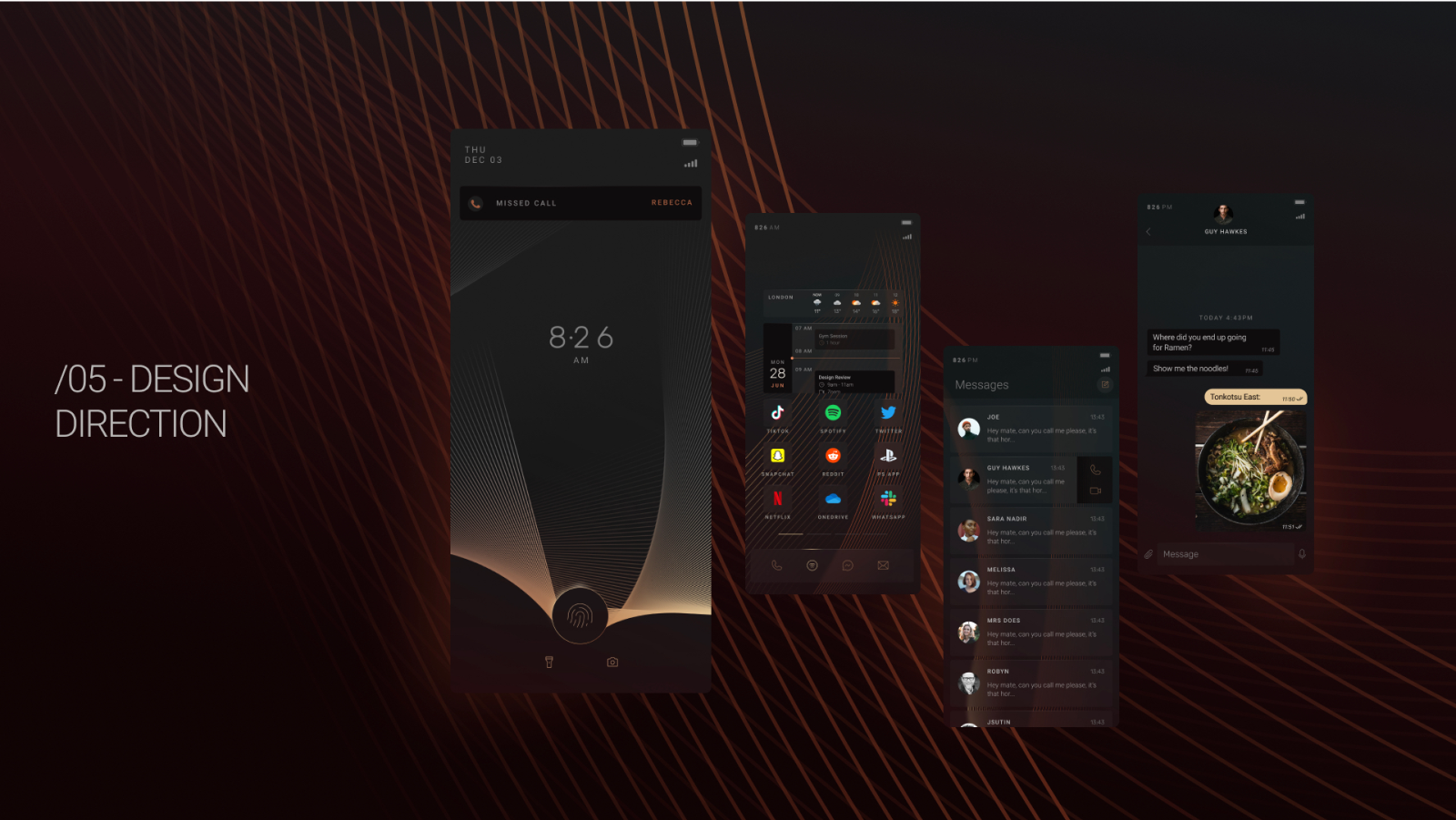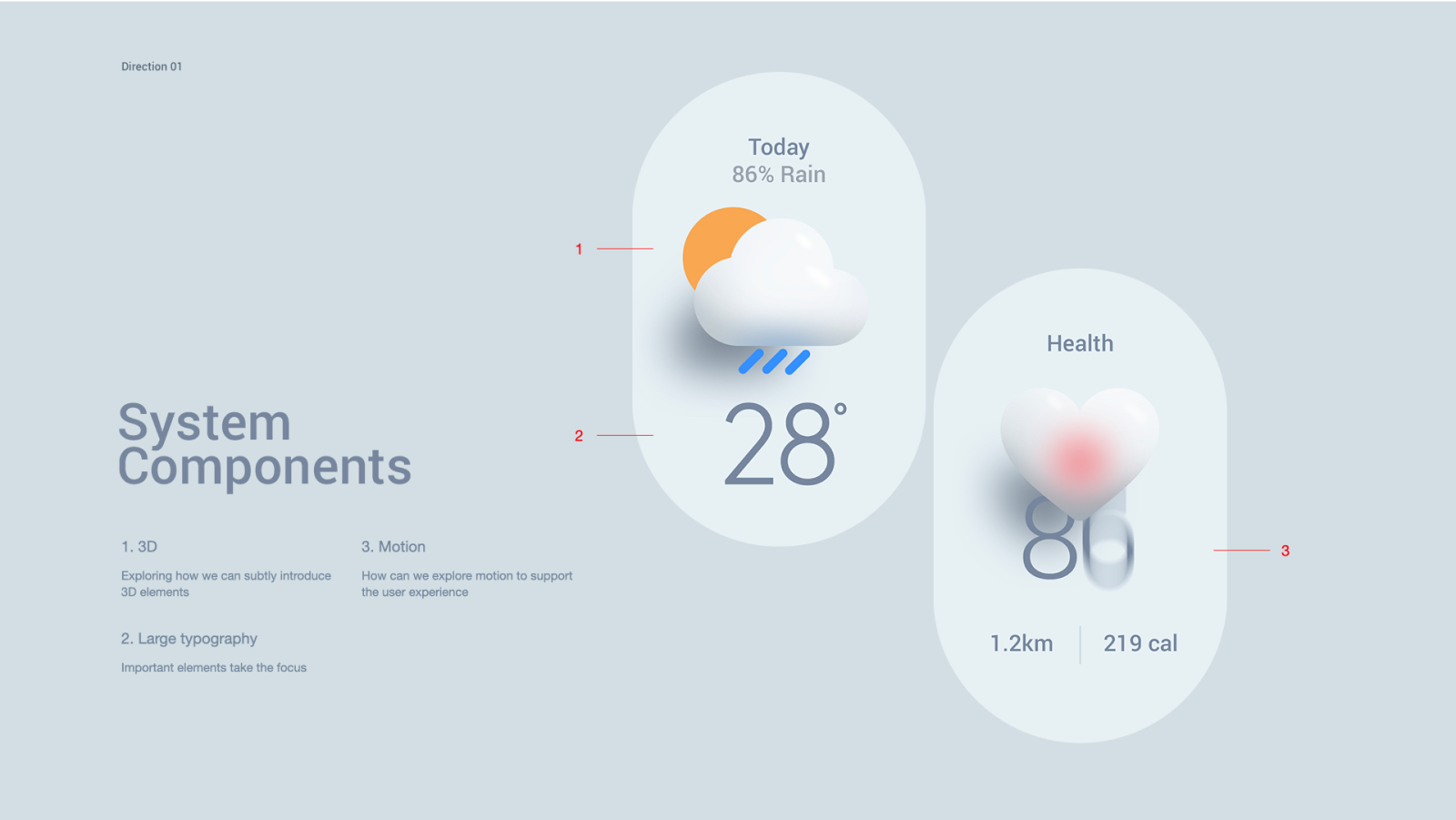2021
fantasy
Creating a premium digital experience
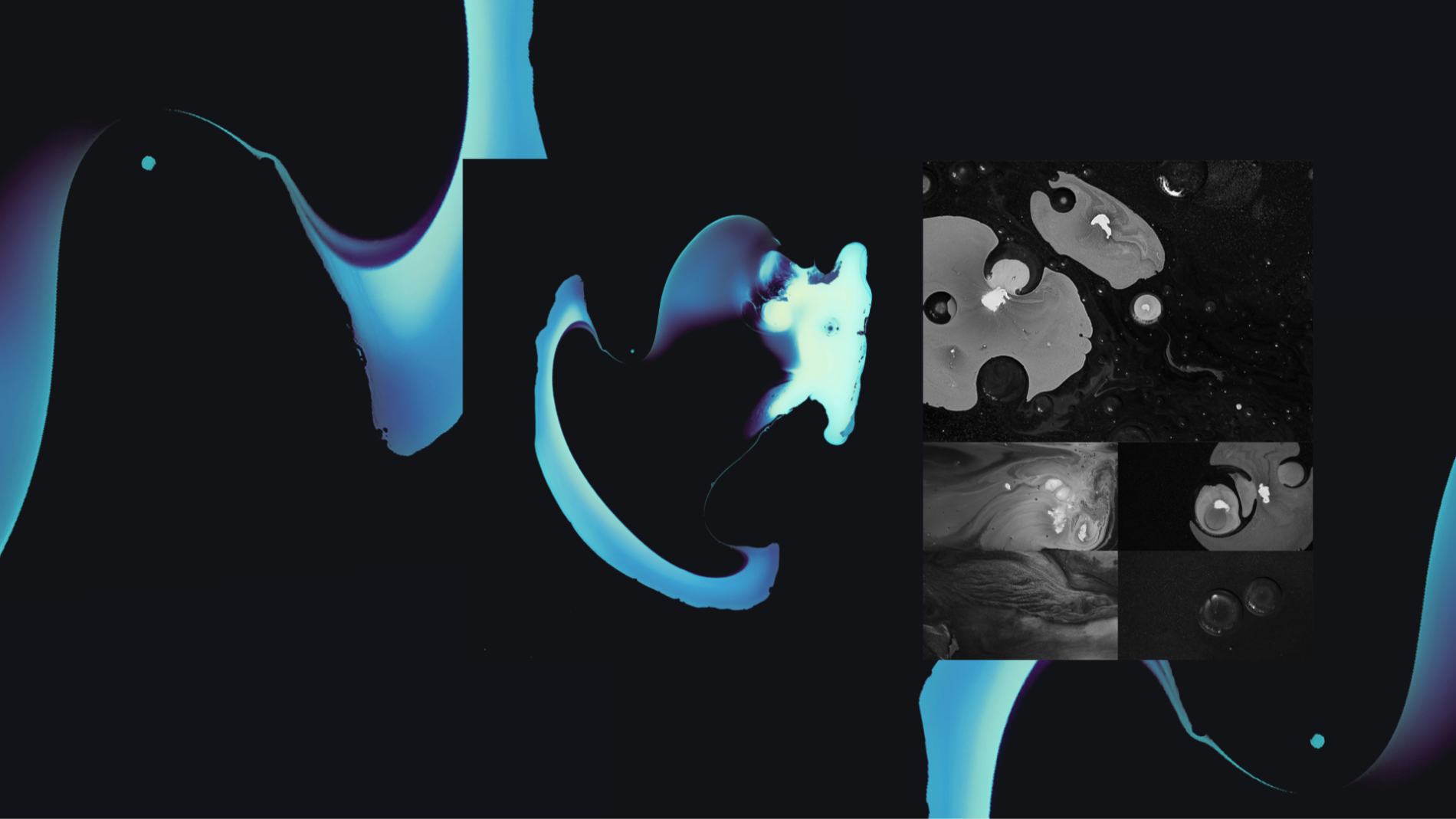
My domain
Landscape analysis
Experience design
Design principle
Branding
OVERVIEW
During my service at Fantasy, I held the position of lead experience expert on a brand revamp project with Honor, a Huawei-owned portfolio brand. In this role, I oversaw critical aspects of the project, such as user research, market research, design trend analysis, strategic roadmapping, and user experience design, with a particular focus on the operating system.
To ensure the success of the project, I led a team of UX experts from across the US and UK, collaborating with the local team in China to develop the new operating system we were planning. I also conducted workshops to support our Chinese client in understanding and adopting our approach.
the client
Honor
Honor" used to be a sub-brand of Huawei but due to the US trade ban, it
had to be sold off to a new company. As a result, the brand was facing the
challenge of rebuilding its recognition and reputation in the market as an
independent brand. With many established players in the smartphone market,
Honor needed to find a unique value proposition that can differentiate it
from its competitors and establish a strong market position.
As a consulting agency, our objective was not only to provide
a design solution but also to aid the brand in fostering a sustainable culture
that can facilitate Honor's long-term brand development.
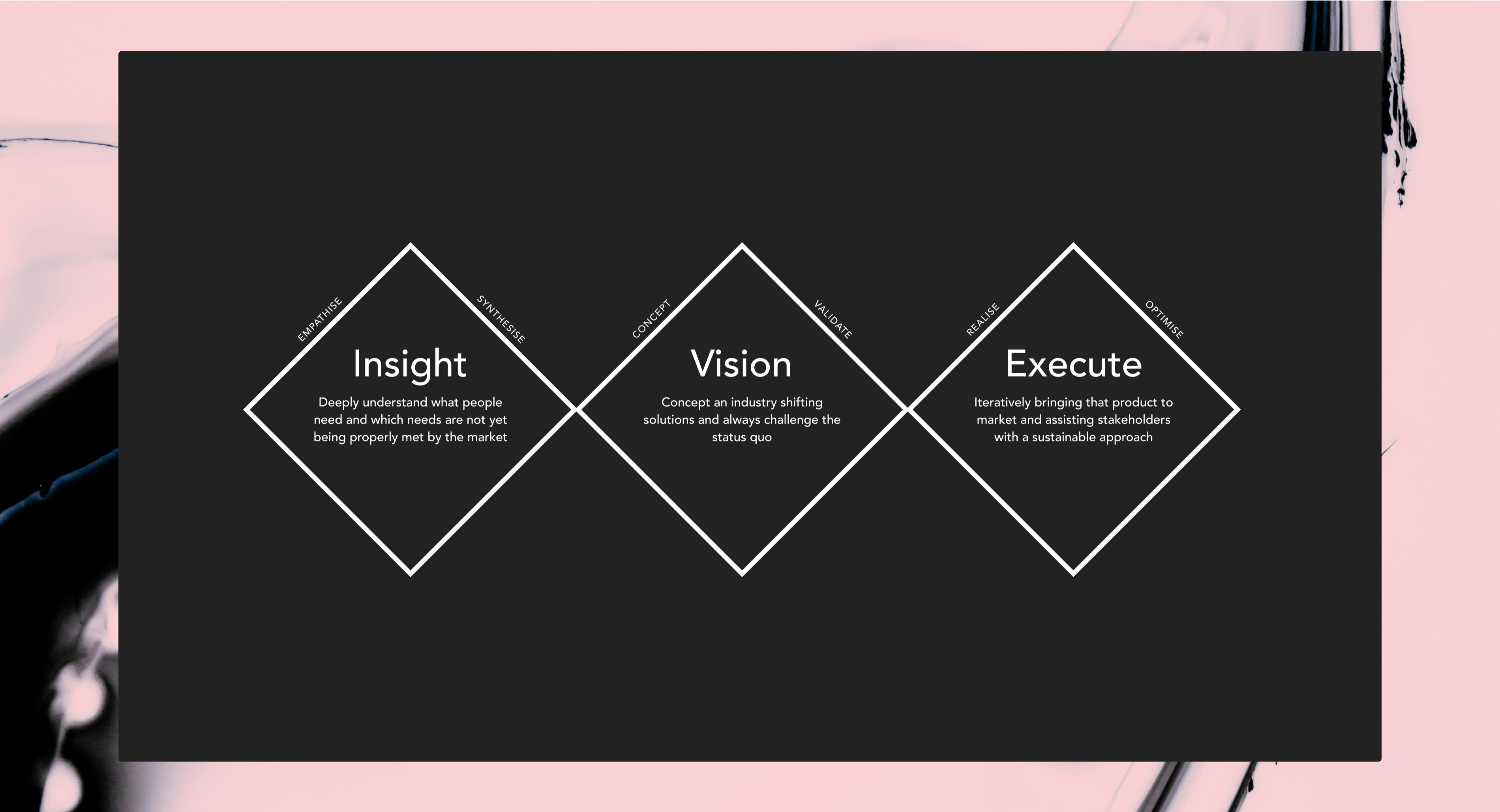
the method
At Fantasy, we utilized a three-diamond structure to break down challenges
into manageable checkpoints, ensuring close collaboration and feedback from
our clients. Leading the UX team for the Honor brand revamp, I focused on
gathering critical insights through a landscape review and user research. We
analyzed seven key competitors by evaluating their user experiences and
brand values, identifying market trends and positioning Honor strategically
for future challenges.
Our dual approach revealed each competitor's strengths and weaknesses, helping
us predict future trends and define Honor's unique value proposition. These insights
were instrumental in guiding the project's direction, enabling us to make informed
design decisions that aligned with our client's goals and user needs.
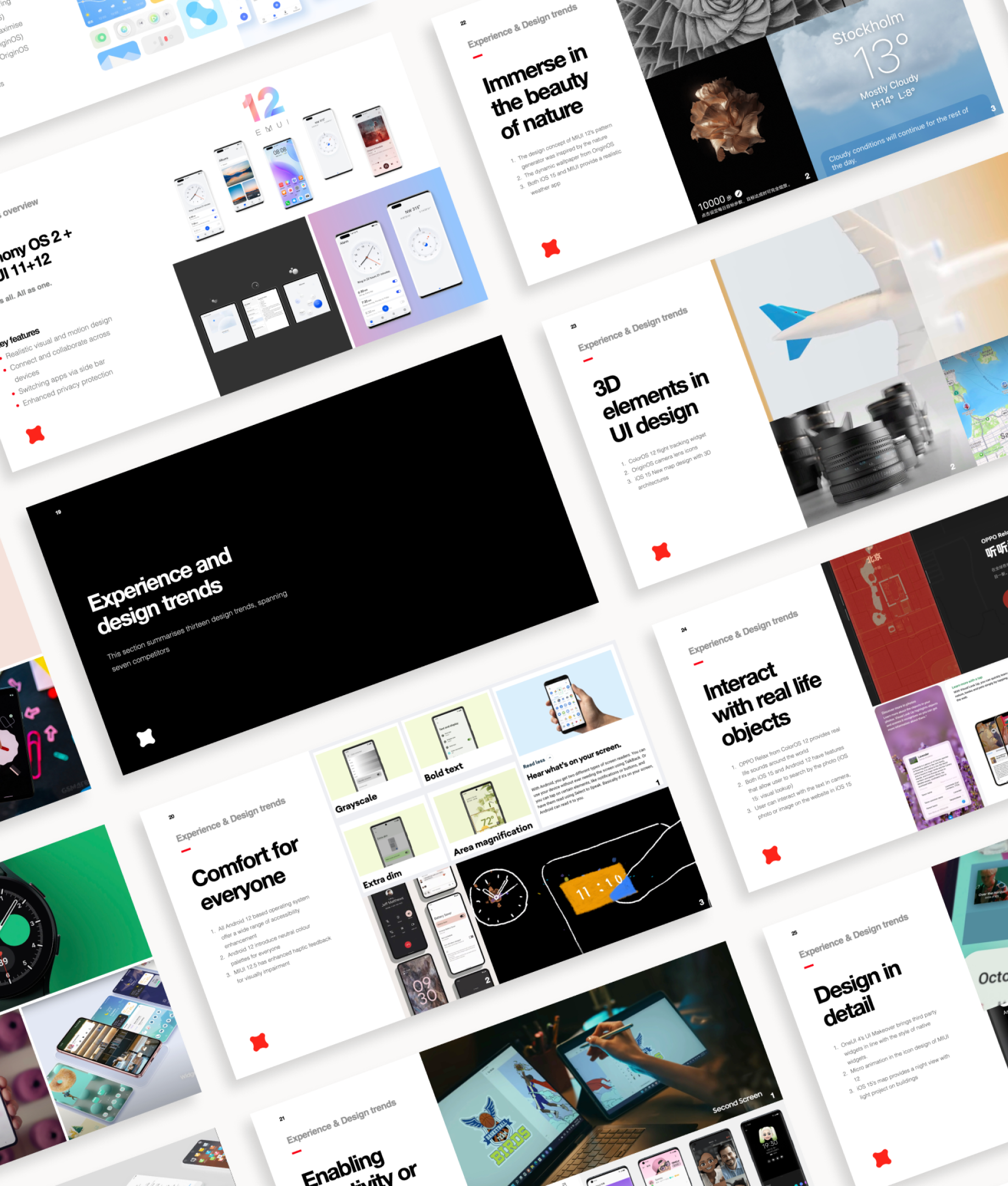
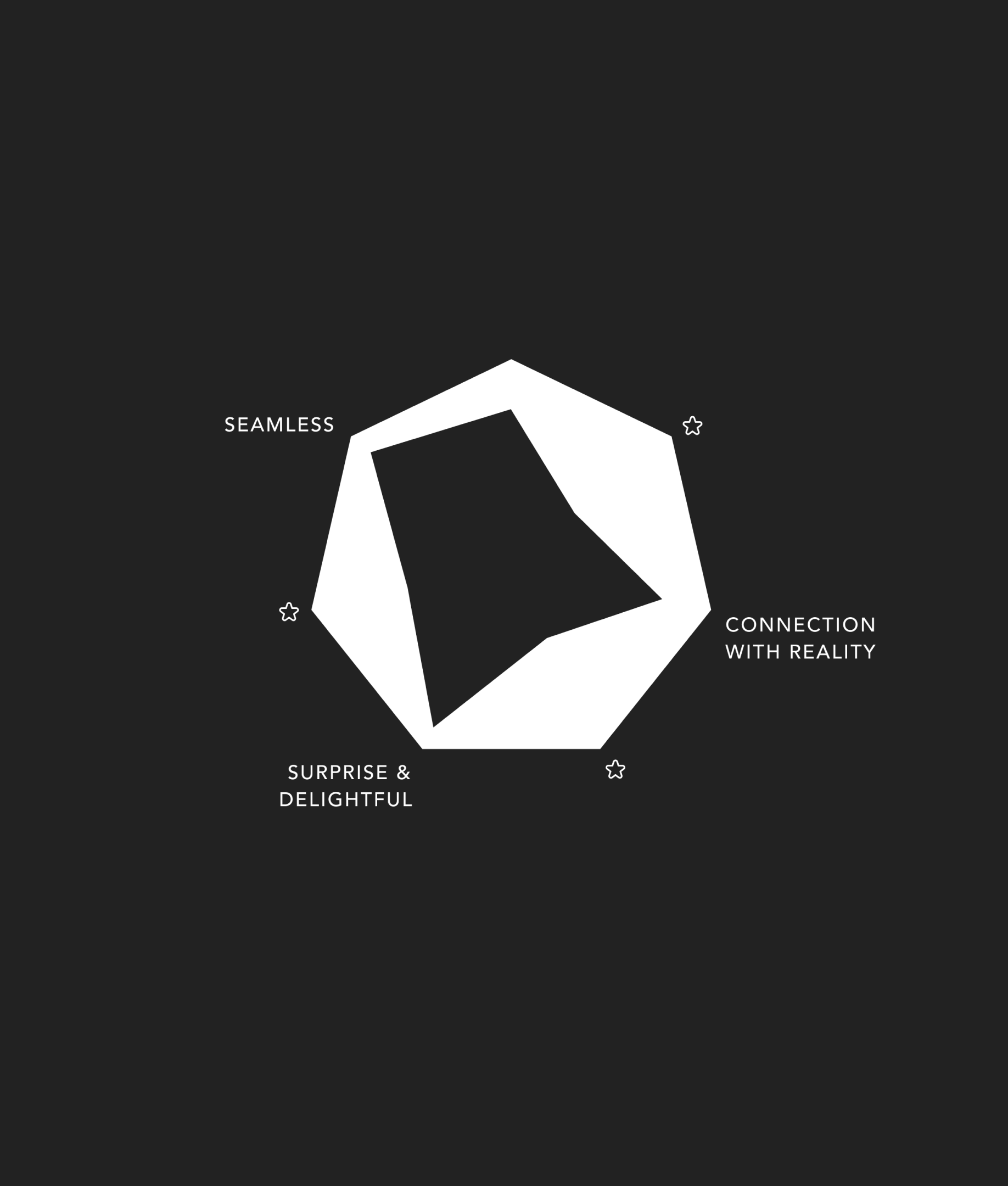
In the second phase of the project, we aimed to gather user insights and
assess brand awareness through a comprehensive user research study. This
included 36 user interviews, a mobile diary study where participants
recorded their screens over four days, and an online survey with 400
participants to prioritize needs within a statistically recognized sample
size. We identified three key mindsets—Technophile, Utilitarian, and
Loyalist—and assessed their needs in 12 areas, including overall experience,
default apps, device interactions, and voice assistants. We also pinpointed
10 scenarios and 15 visual hero apps to deliver Honor's new brand identity.
Additionally, we evaluated brand awareness for Honor and its competitors, examining
communication strategies, tone of voice, visual assets, and corporate social
responsibility across various media. An online survey with over 1,200 respondents
measured customer perceptions of brand values. Using these insights, we conducted
three workshops with Honor's stakeholders, involving management, marketing, design,
and development teams, to craft a brand that resonated with both customers and
stakeholders. I was responsible for constructing research methods, defining goals,
consolidating data, facilitating workshops, and client communication. Ultimately,
we delivered over 500 slides and held more than 10 workshops, providing valuable
insights that guided the project's direction and ensured alignment with client
and user needs.
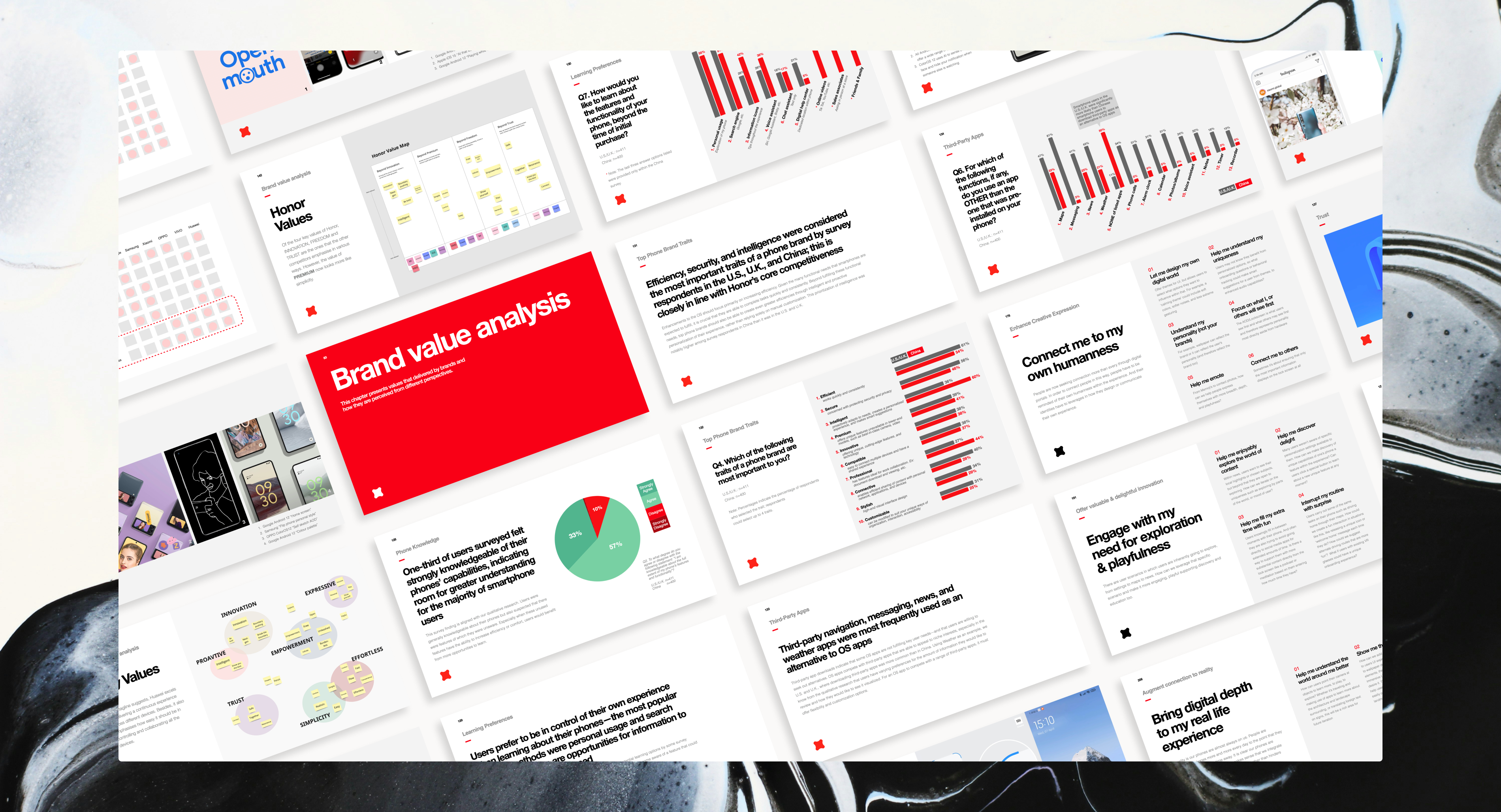
In our second phase, ideation, I led a series of workshops to develop and prototype new concepts that aligned with Honor's vision and the needs of the target audience. We employed various techniques, including design thinking, rapid prototyping, and user testing, to explore different ideas and validate them with real users. We began by defining design principles that would guide our process, focusing on simplicity, personalization, and consistency. These principles ensured we stayed focused on creating a cohesive, user-friendly experience across all devices.
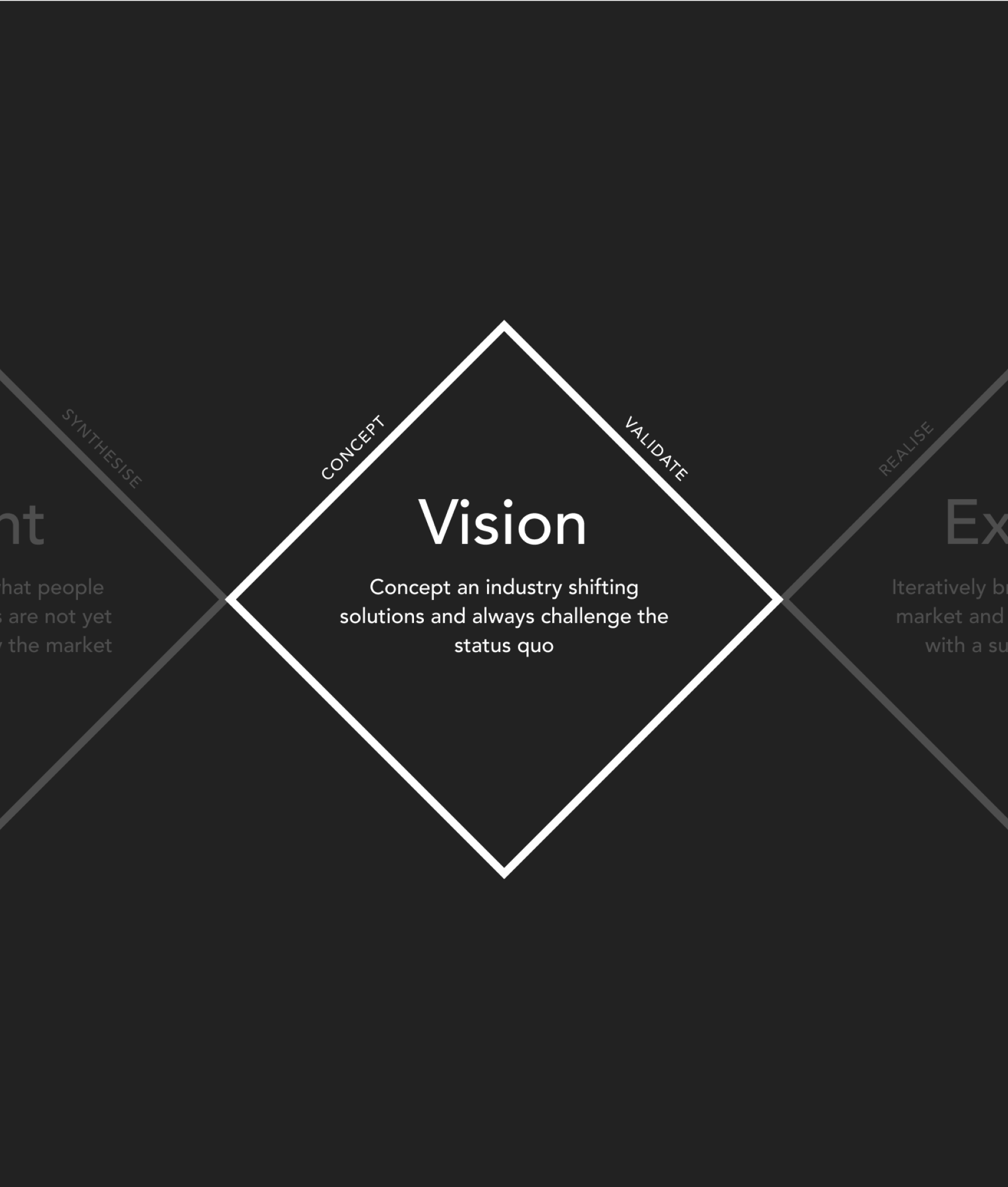
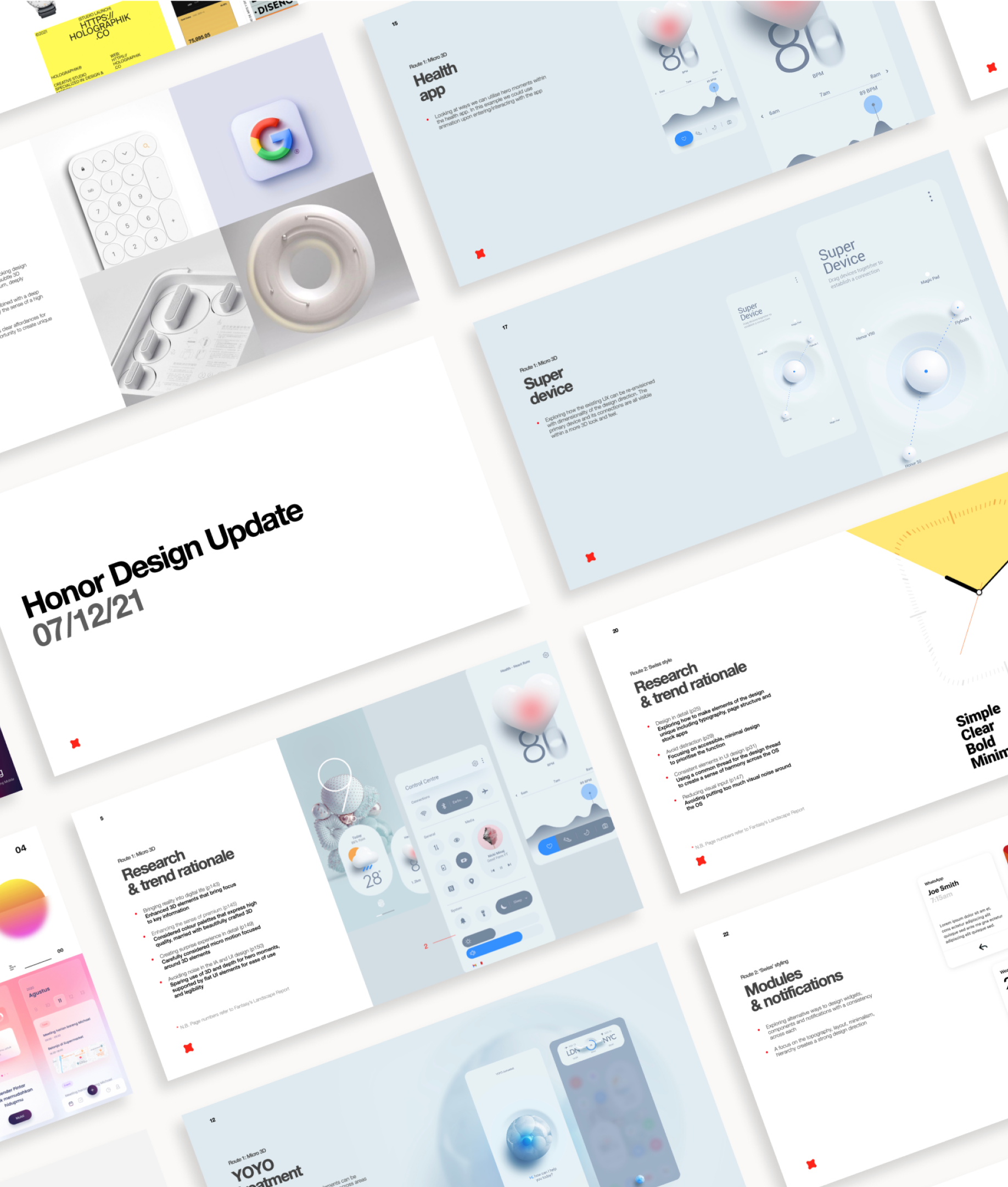
We then generated a wide range of ideas for features and interactions
through brainstorming, sketching, and other ideation techniques. Rapid
prototyping allowed us to test these ideas with real users, iteratively
refining them based on feedback. Throughout this phase, we worked closely
with the Honor team to ensure our concepts aligned with their strategic
goals and brand vision. Regular check-ins and reviews kept everyone on the
same page and ensured our ideas were feasible and aligned with the project
timeline.
By the end of this phase, we had high-fidelity prototypes
showcasing key features of the new Honor operating system, along with
detailed design specifications and guidelines for a consistent,
user-friendly final product. As the lead experience expert, I facilitated
the ideation workshops, user testing sessions, and client communications,
ensuring our prototypes were both visually appealing and easy to use.
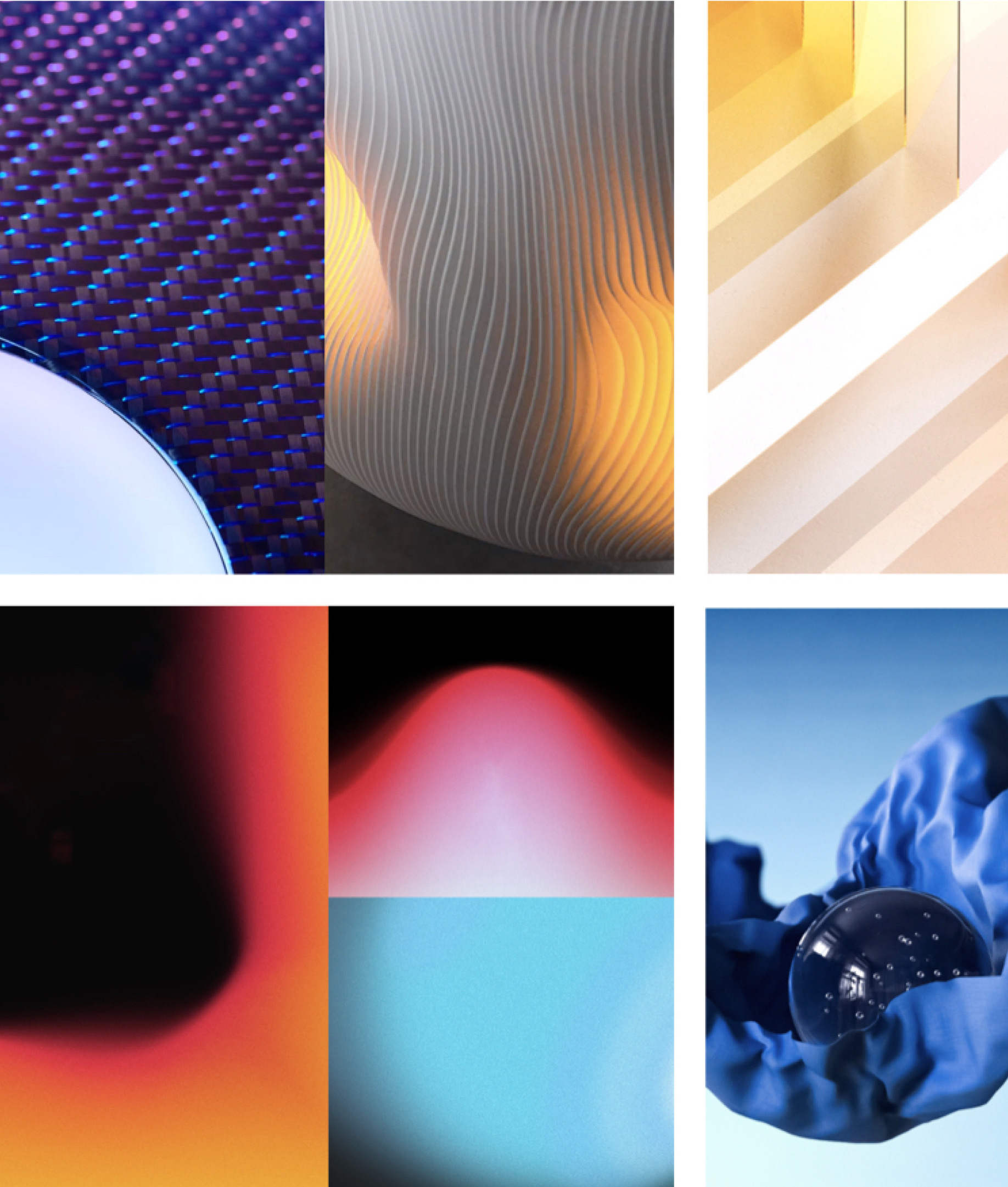
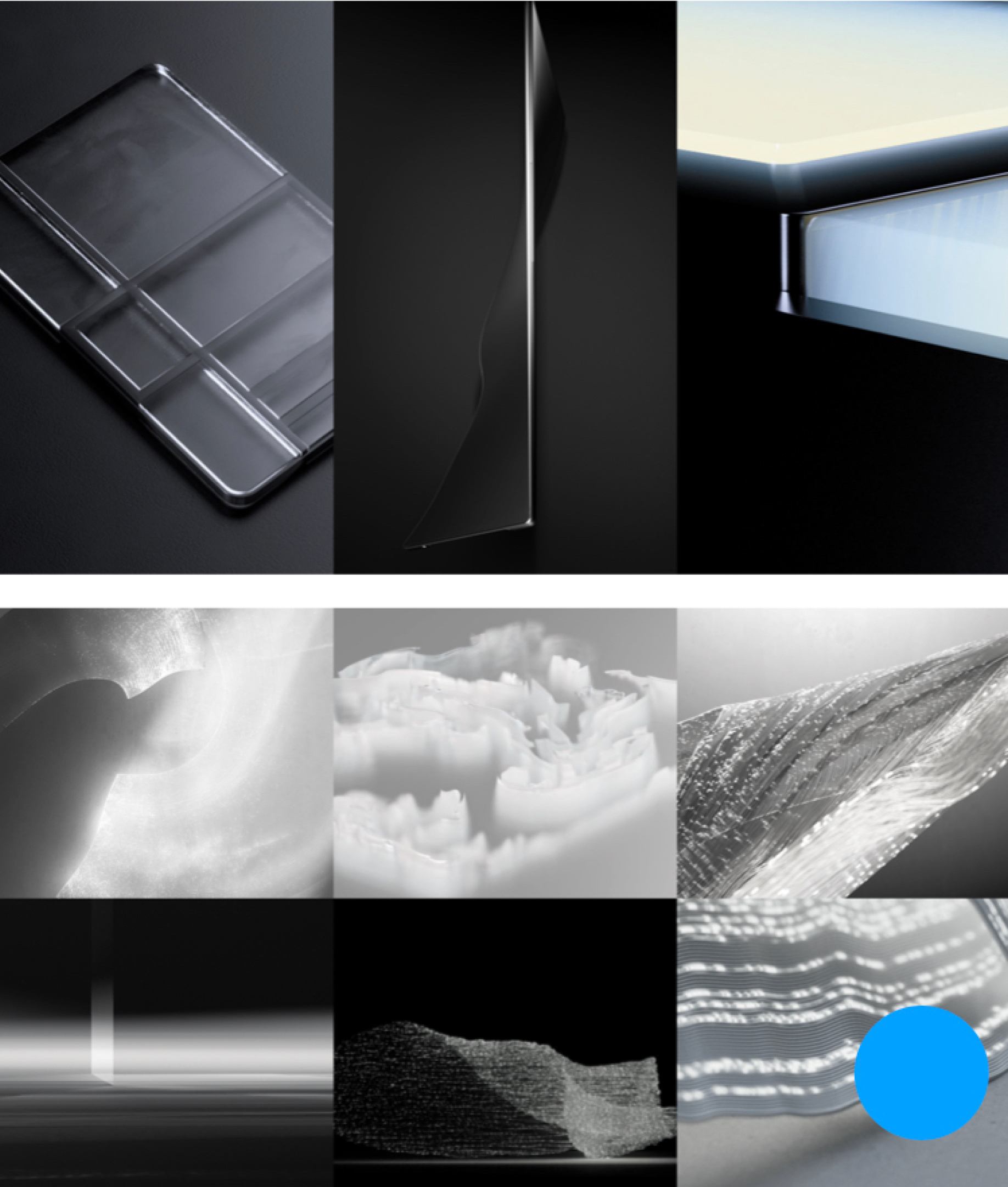
the result
Towards the end of my tenure at Fantasy, we successfully delivered various
use scenarios and apps, including widgets for the lock screen, home screen
interactions, multi-device connections, albums, and cameras. Leading a
team of professionals who collaborated effectively across different parts
of the world was a rewarding experience, despite the challenges.
Our team's diverse cultures and experiences significantly
enriched the solutions we developed. Working together, we created
innovative and user-friendly features that met the needs of our global
audience.
concept design
